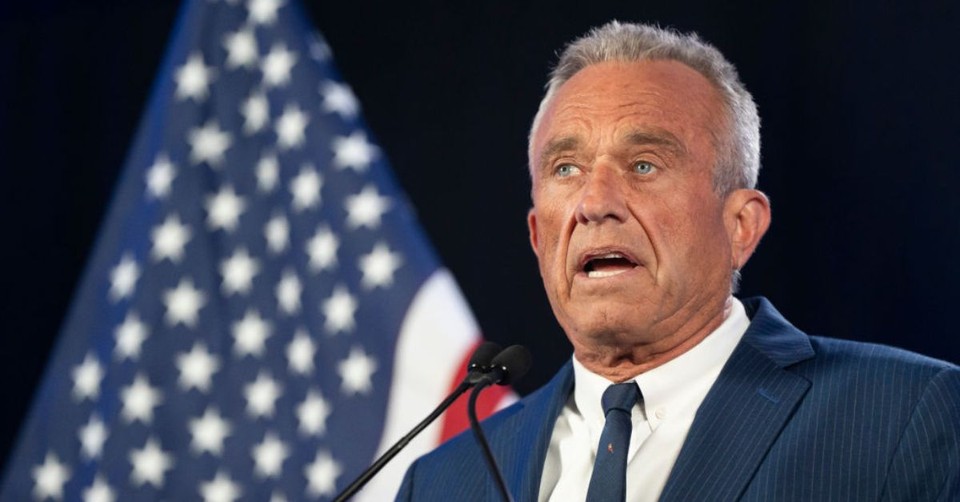RFK’s Reform of Organ Transplant System Aims to Enhance Sanctity and Dignity of Life

When tragedy strikes, there's something meaningful and comforting in remembering that God can take the ashes of that and turn them into something beautiful (Isaiah 61:3), possibly even into something life-giving. Many trust that the organ transplant system can be used in that way, so they may choose to participate in that.
In an effort to protect patients and the sanctity of life, Health and Human Services Secretary Robert F. Kennedy, Jr. has called for a reform of the system. This decision was made after an investigation by its Health Resources and Services Administration (HRSA) discovered some disturbing practices, according to the Christian Newswire.
"Our findings show that hospitals allowed the organ procurement process to begin when patients showed signs of life, and this is horrifying," Secretary Kennedy told the Christian Newswire. "The organ procurement organizations that coordinate access to transplants will be held accountable. The entire system must be fixed to ensure that every potential donor's life is treated with the sanctity it deserves."
Investigation of Case Prompts Reopening of Multiple Cases
The Organ Procurement and Transplantation Network (OPTN) was ordered to reopen a disturbing case by the Health Resources and Services Administration (HRSA). This particular case involved "potentially preventable harm to a neurologically injured patient by the federally-funded organ procurement organization (OPO) serving Kentucky, southwest Ohio, and part of West Virginia," according to the U.S. Department of Health and Human Services (HHS).
Following that, the HRSA was ordered to review 351 additional cases in which organ donation was authorized, but never completed, according to Fox News. The findings revealed that 103 of the cases had concerning details, "including 73 patients with neurological signs incompatible with organ donation," according to HHS.
In addition, a minimum of 28 patients may not have been totally deceased when organ procurement was initiated –sparking serious ethical and legal questions.
The HHS department also reported that the investigation found there was "Evidence [that] pointed to poor neurologic assessments, lack of coordination with medical teams, questionable consent practices, and misclassification of causes of death, particularly in overdose cases."
HRSA Mandates Immediate Corrective Action
The locations with the highest vulnerabilities were found to be in small and rural hospitals. This finding suggests that there are universal gaps in oversight and accountability, which is prompting a mandate from the HRSA to implement swift and intensive corrective actions for the OPO, as well as system-level changes that will nationally enhance the safety of potential donors.
The national implementation of these changes is anticipated to prioritize patients' lives while protecting the rights and dignity of prospective donors and their families. According to HHS, the changes are also intended to increase integrity and transparency in policies and systems involving organ procurement and transplant, as well as restore trust in informed consent.
Photo Credit: ©Getty Images/Rebecca Noble/Stringer

Originally published July 28, 2025.







